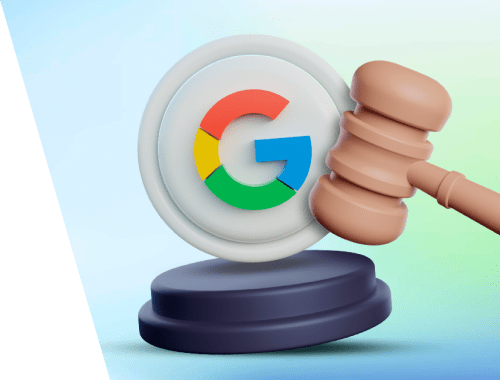Better safe than sorry. Learn about the causes of algorithmic and manual Google penalties, recovery tips, and prevention measures.
91082
How to get more traffic with less content? Learn what content pruning is and how it helps to keep your website in order – and ranking better.
13201
Where to find high-quality backlinks and what tactics are actionable in 2024 — in today's interview with a practising SEO.
10611
What is keyword cannibalization? Does it really affect the website's ranking? Let's take a closer look at the phenomenon and find out when it is an issue and when not. In case it is, we'll need to know how to detect and fix it.
23851
Choose the right SEO metrics and track them the right way to see if your SEO's effective enough!
22452
We've made a list of SEO tools that fit all the typical needs of an SEO agency. Accuracy, automation, reporting — see what matters most for you.
10336
A searcher's first experience with your brand happens on Google's SERPs — not your website. That is why in this guide we're talking about reputation management SEO, or owning your branded keywords in Google.
So, after reading this post, you'll learn how to:
1. Maintain control over the ranking pages and their order
2. Make the most of Google SERP features
3. Influence the content of the ranking pages
4. Get your branded keywords on Google SERPs
17754
On-page SEO as simple as ABC. Tips, how-tos, and a downloadable checklist. Enjoy!
11311
Here is our overview of top link-building tools for link prospecting, influencer research, digital marketing and PR, email search and outreach campaigns.
13744









